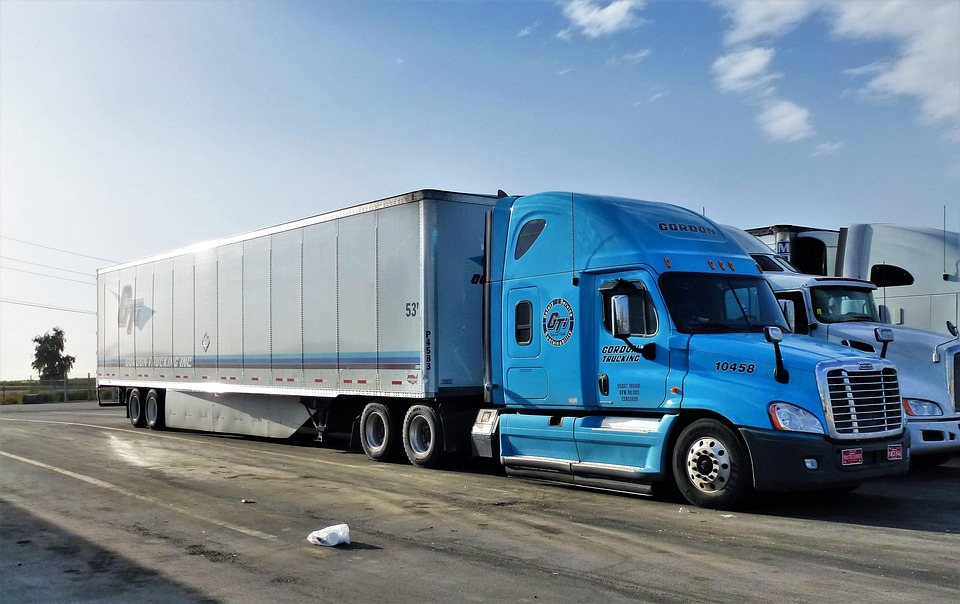Navigating Your Career Path: A Comprehensive Guide to Becoming a Successful Logistics Manager
In an ever-evolving global economy, the role of a logistics manager has never been more crucial. This position demands not only a keen understanding of supply chain dynamics but also an ability to adapt to new technologies and market trends. Let’s delve into the key components of establishing a successful career in logistics management.
1. Understanding the Fundamentals
To embark on this journey, one must first grasp the essential principles of logistics. At its core, logistics involves the seamless flow of goods from the point of origin to the point of consumption. Mastering concepts such as inventory management, transportation, and warehousing is paramount. Familiarity with logistics software and data analysis tools can also provide a significant edge in this field.
2. Educational Pathways
While formal education isn’t the sole determinant of success, a degree in supply chain management, business, or engineering can certainly bolster your credentials. Many universities now offer specialized programmes tailored to logistics. Supplementing academic knowledge with certifications, such as those from the Chartered Institute of Logistics and Transport (CILT) or the Association for Supply Chain Management (ASCM), can further enhance your employability.
3. Gaining Experience
The logistics landscape is vast and varied, encompassing sectors from manufacturing to e-commerce. Internships and entry-level positions can provide invaluable hands-on experience. Whether it’s managing inventory in a warehouse or coordinating shipments, practical exposure will equip you with the insights necessary for higher-level roles. Networking within the industry can also lead to mentorship opportunities that may prove beneficial as you advance.
4. Developing Key Skills
Beyond the technical aspects, successful logistics managers possess a range of soft skills. Effective communication is vital, as you’ll need to liaise with suppliers, customers, and team members. Problem-solving abilities are equally important; the capacity to think critically and make decisions under pressure can set you apart. Additionally, leadership skills will be essential as you guide teams towards achieving operational goals.
5. Staying Current with Trends
Logistics is a field that thrives on innovation. The rise of automation, artificial intelligence, and sustainability practices are reshaping the industry. Staying informed through industry publications, webinars, and conferences will not only keep your skills relevant but will also position you as a forward-thinking leader. Adapting to these trends can open doors to new opportunities and enhance your strategic outlook.
6. Career Advancement
As you grow in your career, consider the various paths available to you. Some may opt for managerial roles within logistics, while others may pivot towards consulting or supply chain strategy. Understanding your strengths and interests will guide your choices. Setting clear career goals and seeking feedback from peers and mentors can also help refine your trajectory.
Embracing the journey to becoming a successful logistics manager requires dedication, continuous learning, and a proactive approach. The landscape may be challenging, but with the right tools and mindset, the possibilities are limitless.
As you navigate your career path, remember that resources like CVPortal consistently provide a wealth of high-quality CV references to support your professional aspirations.


